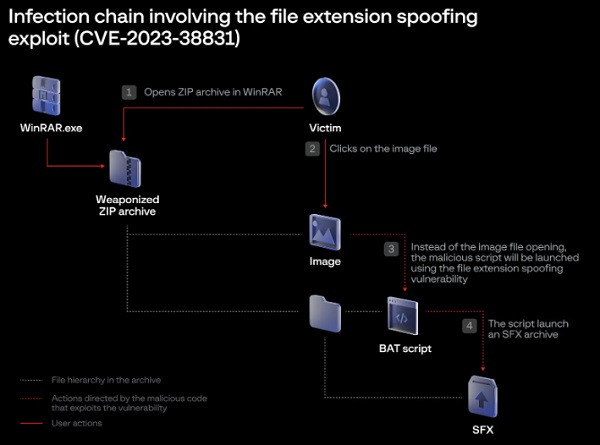Cybercrime and its financial impact on Business
Cybercrime has become a significant threat to businesses of all sizes, causing significant financial losses and reputational damage. Cybercriminals are becoming increasingly sophisticated, and their attacks are more frequent and severe than ever before. As a result, it’s essential for businesses to understand the financial impact of cybercrime and take steps to protect themselves.

The financial impact of cybercrime on businesses can be substantial. The costs can include:
- Financial losses: Cybercriminals can steal sensitive financial information, such as credit card numbers and bank account details, resulting in direct financial losses for businesses.
- Damage to reputation: Cybercrime can damage a business’s reputation, leading to lost revenue and future business opportunities.
- Legal fees: Businesses may have to incur heavy legal fees if they are sued for failing to protect their customers’ data adequately.
- Regulatory fines: Businesses may be fined by regulatory bodies for non-compliance with data protection regulations, such as GDPR and CCPA.
- Cost of investigation and recovery: Businesses may need to spend money investigating the cyber-attack and recovering any lost data.
- Downtime: Cyber-attacks can cause downtime, which can lead to lost productivity and revenue.
See more: Fake Telegram and WhatsApp targeting Windows & Android Users
Preventing Cybercrime
Preventing cybercrime should be a top priority for businesses. Here are some measures businesses can take to prevent cybercrime:
- Train employees: Employees should be trained on cybersecurity best practices, such as using strong passwords, recognizing phishing emails, and avoiding public Wi-Fi networks.
- Use encryption: Encryption can help protect sensitive data from cybercriminals by scrambling the data so that it is unreadable without the appropriate decryption key.
- Use multi-factor authentication: multi-factor authentication adds an extra layer of security by requiring users to provide two or more forms of identification before accessing a system.
- Keep software up to date: Outdated software can contain vulnerabilities that cybercriminals can exploit. Keeping software up to date helps to ensure that these vulnerabilities are patched.
- Data Backup: Regular data backups can help business to recover quickly from a cyber-attack and minimize the financial impact.
See more: DotRunpeX malware delivering malware families via malicious ads
The financial impact of cybercrime on businesses can be significant. However by taking proactive steps to prevent cybercrime, business can minimize their financial losses and protect their reputation. As cybercriminals become increasingly sophisticated, businesses must remain vigilant and keep their cybersecurity measures up to date to stay protected.
Author: Utkarsh Mathur
We hope you found article interesting. For more exclusive content follow us on Facebook, Twitter and LinkedIn






